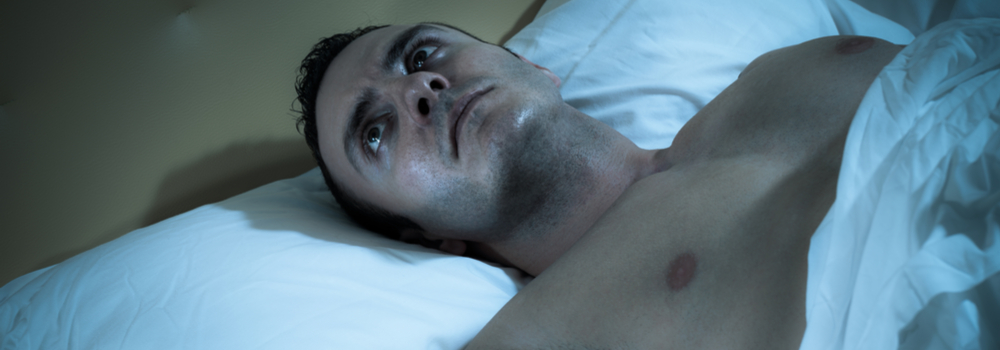Cravings are part of what we could call the “suchness” of addiction. Addiction is a chemical dependency on drugs and alcohol that influences the way the mind and the body work. Research into the neuroscience of addiction has revealed more intimate details of the neurobiology of addiction. We understand that drugs and alcohol enter the bloodstream and rush to the brain. Mind-altering substances create an altered state of mind by first influencing a hyper production of a neurotransmitter called dopamine. Neurotransmitters are the chemical messaging system of the brain, carrying a distinct message to various regions of the brain. Dopamine carries the message of pleasure, which is why we feel euphoric effects when we consume drugs and alcohol. Dopamine is produced in large quantities then sent through varying regions of the brain, having different effects as it goes. Most notably, it reaches the reward center of the brain. Over time, as drugs and alcohol are abused more often, the brain develops a tolerance. The quantity of drugs and alcohol that previous created the euphoric rush no longer provide the same sense of pleasure. More drugs and alcohol are required to create the same amount of dopamine, or more. This cycle continues on as chemical dependency takes place. Eventually, the brain can no longer produce a satisfactory amount of dopamine, no matter how much drugs and alcohol are consumed. Desperate to try, the brain sends signals of craving.
Psychological symptoms of craving are at their worst during the detox phase. Simultaneously, the brain tries to rid itself of the toxicity created by drug and alcohol abuse while trying to get more of the substances in order to satisfy the cravings. After the initial detox phase, psychological cravings are common during the first six months to a year of recovery.
Post-Acute Withdrawal Syndrome tends to pop up about every 30 days for the first 18-24 months of recovery. Psychological cravings are one of the many ways to detect the reappearance of PAWS:
- Euphoric recall
- Using dreams
- Irritability
- Discontent
- Restlessness
- Rationalizing relapse
- Obsessive thinking
- Anxiety
- Depression
- Anger
- Angst
- Fantasizing
These symptoms of psychological craving do not mean that relapse is imminent. They are simply an indication of the “suchness” of addiction. More importantly, when these cravings come up they typically are in reaction to deep psychological work being done, taking the brain further away from its addictive programming.
Tree House Recovery is a men’s residential treatment program located in Portland, Oregon. Creating sustainable recovery through sustainable change, our programs help men learn how to live sober with adventurous lives. Call us today for information: (503) 850-2474




